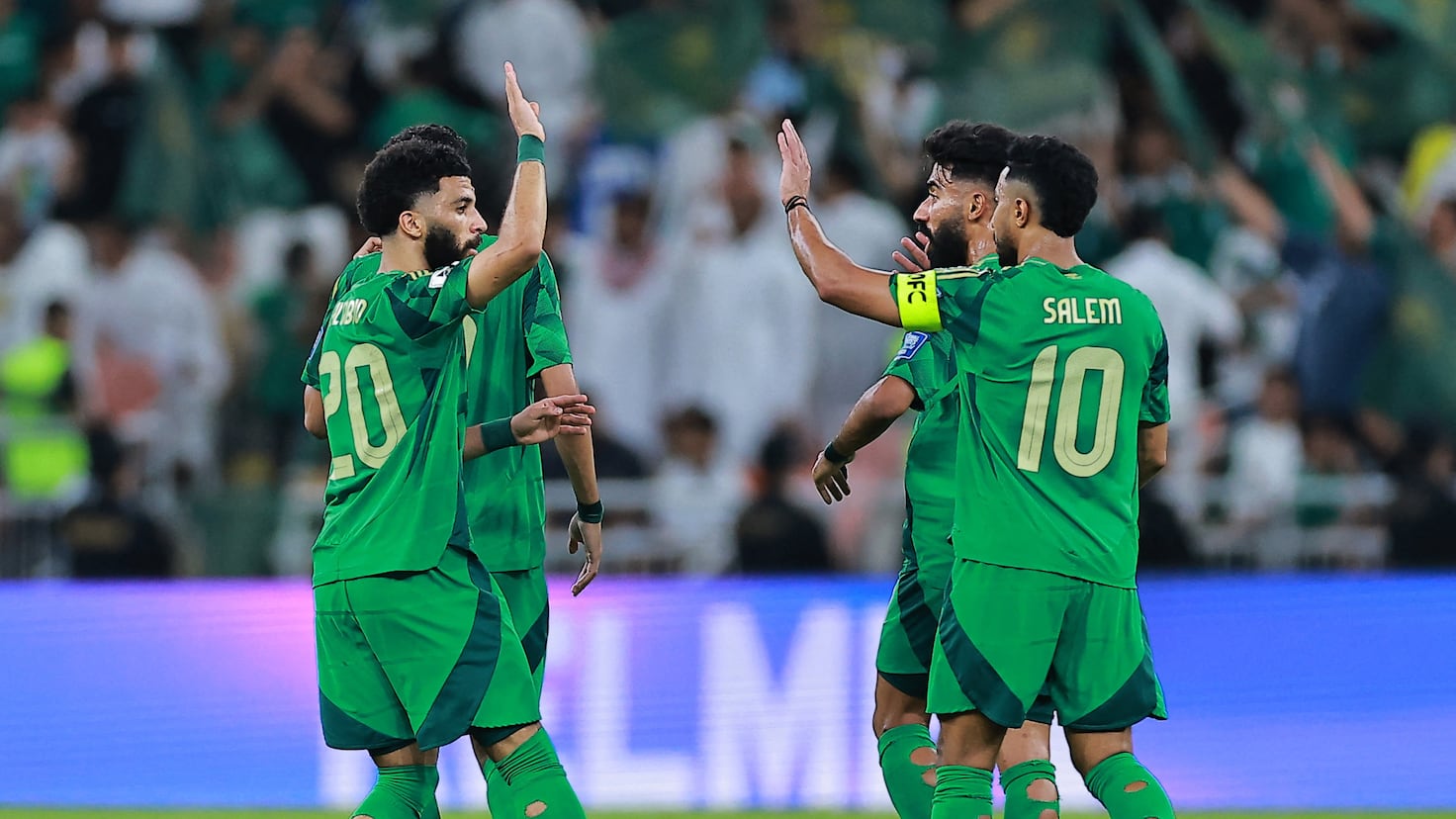The 2025 Gold Cup is set to feature an intriguing participant: Saudi Arabia. While traditional powerhouses like Mexico, the United States, and Canada are expected to contend for the title, Saudi Arabia’s inclusion adds an element of unpredictability. Invited by CONCACAF, the Saudi team, coached by Hervé Renard, aims to make a significant impact. This article explores the reasons behind Saudi Arabia’s participation and what they hope to achieve in this prestigious tournament. Saudi Arabia’s presence in the Gold Cup not only diversifies the competition but also presents a unique challenge to the established teams. Their ambition and competitive spirit, demonstrated in past international matches, suggest they are not merely participating but striving to compete at the highest level. This article will delve into their preparation, key players, and historical context to understand their potential impact on the tournament. Saudi Arabia’s invitation to the 2025 Gold Cup signals a strategic move by CONCACAF to broaden the tournament’s appeal and competitive landscape. For Saudi Arabia, this represents an opportunity to test their mettle against strong CONCACAF nations and gain valuable international experience. Their participation underscores a growing ambition in Saudi football, supported by significant investments in infrastructure and player development. Under the guidance of Hervé Renard, Saudi Arabia aims to be more than just a participant. Renard’s tactical acumen and experience in international football are expected to shape the team’s approach, focusing on a blend of defensive solidity and attacking flair. The team’s objective is to advance through the stages of the tournament, making a statement about their progress and potential on the global stage. Saudi Arabia has already demonstrated its capability to compete on the international stage, most notably with a stunning 2-1 victory over eventual champions Argentina in the 2022 World Cup. This result showcased their potential to surprise even the top-ranked teams. Although they faced defeats against Poland and Mexico later in the tournament, the Saudi team left a lasting impression of improvement and resilience. This victory against Argentina serves as a testament to Saudi Arabia’s evolving football program and their commitment to competing fiercely in major tournaments. While the Gold Cup presents a different challenge, the experience gained from the World Cup will undoubtedly influence their approach and determination to succeed. Despite missing key players due to club commitments, Saudi Arabia is set to field a competitive squad in the Gold Cup. The absence of stars like Mohamed Kanno and Salem Al-Dawsari, who are involved in the Club World Cup with Al Hilal, presents an opportunity for other players to step up and prove their worth. The team primarily consists of players based in Saudi Arabia, with a few exceptions playing in European leagues. The inclusion of players from European clubs, such as those in Belgium, Italy, and France, adds a layer of international experience to the squad. These players bring different perspectives and playing styles, which can be valuable in a tournament like the Gold Cup. The blend of domestic and international talent is expected to create a balanced and dynamic team capable of challenging their opponents. Saudi Arabia will be the eighth nation from outside CONCACAF to participate in the Gold Cup since its inception in 1991. They follow in the footsteps of other Asian teams like South Korea (2000, 2002) and Qatar (2021, 2023). South Korea reached the semi-finals in their second appearance, while Qatar replicated this feat in their debut. This history sets a benchmark for Saudi Arabia, who will be eager to make a similar impact. Historically, invited teams have added excitement and unpredictability to the Gold Cup. While none have ever won the tournament, some have come close. Brazil finished as runners-up in 1996 and 2003, losing to Mexico in both finals, and Colombia was defeated by Canada in the 2000 final. These performances highlight the potential for invited teams to compete at the highest level and challenge the dominance of CONCACAF nations. Saudi Arabia is scheduled to make its Gold Cup debut against Haiti at the Snapdragon Stadium. This match is part of Group D, which also includes the United States and Trinidad and Tobago. The group presents a balanced set of challenges, with each team bringing unique strengths and playing styles. Saudi Arabia’s performance in these matches will be crucial in determining their progress in the tournament. The match against Haiti will be a significant test for Saudi Arabia, setting the tone for their Gold Cup campaign. A victory would boost their confidence and provide a solid foundation for the subsequent matches against the United States and Trinidad and Tobago. The team’s preparation and tactical approach will be key to navigating this challenging group and advancing to the knockout stages. Saudi Arabia’s participation in the 2025 Gold Cup marks a significant step in the country’s football development. The invitation provides a platform to compete against strong CONCACAF teams, gain international exposure, and showcase their progress on the global stage. While challenges lie ahead, Saudi Arabia’s ambition, strategic preparation, and competitive spirit position them as a team to watch in the tournament. As Saudi Arabia embarks on this Gold Cup journey, their performance will be closely monitored by fans and analysts alike. Their participation not only adds intrigue to the tournament but also underscores the growing importance of football in Saudi Arabia. The lessons learned and experiences gained will undoubtedly contribute to the further development of Saudi football, both on and off the field.

Why is Saudi Arabia Playing in the 2025 Gold Cup? – FYM News
by
Tags:
Leave a Reply